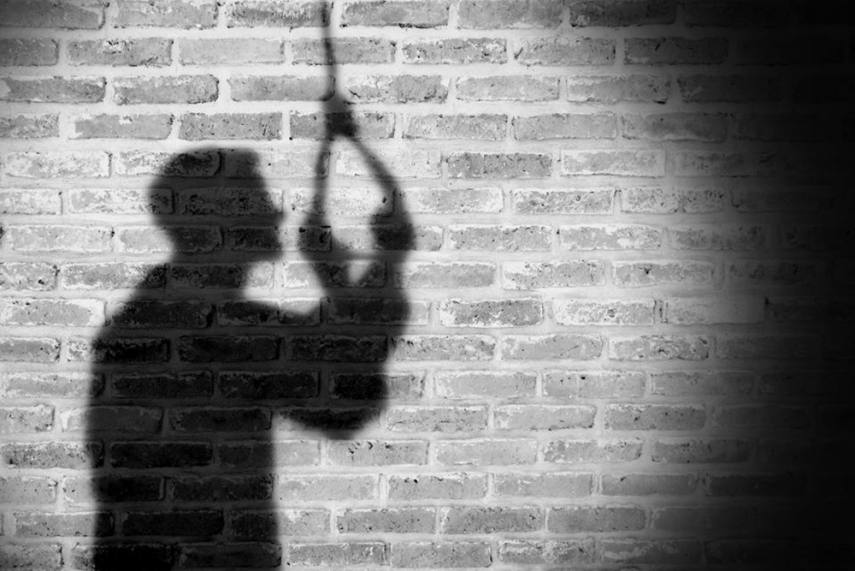Days after the tragic death of IPS officer Y. Puran Kumar, the Chandigarh Police has announced the formation of a six-member Special Investigation Team (SIT) to ensure an impartial and transparent inquiry.
The SIT will be headed by IG Pushpendra Kumar, IGP (UT Chandigarh), and includes senior officials: SSP Kanwardeep Kaur, SP (KM Priyanka), DSP (Charanjit Singh Virk) as Investigating Officer, SDPO Gurjit Kaur, and Inspector Jaiveer Singh Rana of PS-11 (West). The SIT has been tasked with conducting a fair, fact-based, and swift investigation, verifying the authenticity of the suicide note and related evidence, a senior officer confirmed.
The move came after IAS officer Amneet P. Kumar, the deceased officer’s wife, submitted a detailed complaint seeking an FIR against all officials named in her husband’s alleged suicide note, protection for her family, and security for herself and her two daughters.
FIR Against 13 Haryana Police Officers, Including DGP Kapoor
By Thursday night, the Chandigarh Police registered an FIR at Sector 11 Police Station naming Haryana DGP Shatrujeet Kapoor, the Rohtak SSP, and 11 other officers under provisions of abetment to suicide and the SC/ST (Prevention of Atrocities) Act.
IG Pushpendra Kumar confirmed that the FIR lists all individuals mentioned in the suicide note, which allegedly details prolonged professional harassment faced by Y. Puran Kumar. “We have received a serious complaint accompanied by specific evidence references. The matter will be investigated without prejudice or delay,” a Chandigarh Police official said.
According to officials, the suicide occurred on 7 October 2025 around 1:30 p.m. in Sector 11, Chandigarh. Police teams seized a weapon, handwritten notes, and digital communications reportedly shared by Kumar before his death.

Family Demands Justice, Security and Transparency
In her complaint and subsequent representations to the Haryana Chief Minister, Amneet P. Kumar outlined four key demands:
- Immediate FIRs and arrests of the named officers.
- Suspension of accused officials to prevent evidence tampering.
- Security cover for herself and her daughters.
- Protection of the family’s dignity during investigation and media coverage.
Despite the FIR, the post-mortem and cremation remain on hold. Family sources said they will not proceed until they see tangible action from the authorities.
Political and Public Outcry Across States
The case has rapidly escalated into a national controversy, with Dalit organisations, political leaders, and civil society groups demanding accountability.
Former Haryana CM Bhupinder Singh Hooda, Congress leader Randeep Surjewala, and Rahul Gandhi called for an independent judicial inquiry.
Rajkumar Verka, ex-Punjab minister and former Vice Chairman of the National Commission for Scheduled Castes, called the incident “one of the most serious cases of Dalit persecution in recent memory.” He urged the Centre to intervene under the SC/ST Act if the state failed to act swiftly.
Dalit groups have announced plans for statewide protests, warning that delays in arresting senior officials will be met with mass mobilisation across Haryana and Delhi.
Meanwhile, Haryana Additional Chief Secretary D. Suresh Kumar issued a statement urging swift arrests and a transparent probe:
“We have requested a fair and quick investigation, and no one is allowed to interfere with the process.”
A Timeline of Tragedy and Tension
- October 7: Y. Puran Kumar allegedly dies by suicide in Sector 11, Chandigarh. Police recover a note naming senior officers.
- October 8: Wife Amneet returns from Japan, visits residences and lodges a formal complaint with Chandigarh Police.
- October 9: Political leaders and Dalit groups demand justice; protests begin outside the CM’s residence.
- October 10: Chandigarh Police register FIR against 13 officers and constitute the SIT to lead the probe.
Next Steps: SIT to Verify Suicide Note and Reconstruct Events
The newly formed SIT has been given a broad mandate to verify the suicide note, collect electronic evidence, and trace the sequence of events leading to the officer’s death. It will also examine claims of institutional harassment and the role of superior officers in the alleged abetment.
Public scrutiny of the investigation remains intense. Legal experts believe the probe’s outcome could set a critical precedent for how the Indian justice system handles allegations of mental harassment and institutional pressure within the police force.



